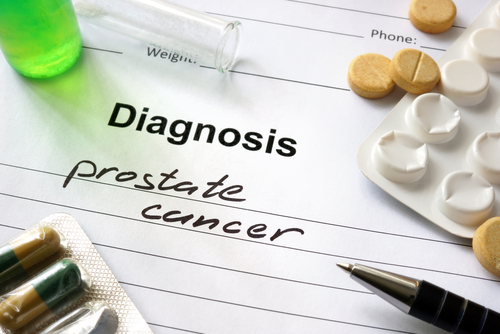UT Southwestern Medical Center researchers have shown that medical androgen deprivation therapy, commonly used in combination with promising immunotherapies, can actually suppress the immune response and block the efficacy of the immunotherapy. The findings, which might explain early tumor relapses, underscore the need for careful planning in terms of dosing and timing when a combination therapy approach is used.
The research paper, “Androgen receptor antagonists compromise T cell response against prostate cancer leading to early tumor relapse,” was published in Science Translational Medicine.
Medical androgen deprivation therapy (ADT), also known as chemical castration, is the most common non-surgical therapy for prostate cancer. It intends to decrease androgen levels, a hormone required for prostate tumors’ survival and growth. Cancer immunotherapy, in which the immune system is stimulated to fight malignant cells, has shown promising results in many cancers, including prostate cancer. As such, several attempts have been made to combine immunotherapy with more standard therapies, such as ADT.
Using mouse models, researchers studied the effects of ADTs on the immune system, searching for reasons for the relapse rates of prostate tumors after treatment. The team found that while castration ADT works well with immunotherapy, some pharmacological androgen receptor antagonists can possibly reduce T-cell responses, leading to cancer relapse.
“Our study shows that in some patients, this poor response could also be due to the radiation or chemotherapy itself suppressing the immune response,” Dr. Yang-Xin Fu, the study’s senior author and principal investigator, said in a press release. “These treatments may reduce the tumor burden in the short term, but at the same time, they can suppress the immune response — and because they don’t kill every cancer cell, resistant clones will be selected, especially when the body’s immune response is not mobilized, and the tumor will relapse much more aggressively.”
The study also indicates that the type, dosage, and timing of medical ADT compounds used in conjugation with immunotherapy are essential for the treatment’s success. Although more studies are necessary, researchers suggest that these findings provide a strategy to enhance immunotherapy’s success, and possibly delay or prevent the relapse of advanced prostate cancer.
“We hope that our findings will cause physicians to think twice before starting chemotherapy or radiation on their cancer patients, to consider the best way to combine them with immunotherapies,” Dr. Fu said. “The idea is to kill the tumor cells while also considering whether these therapies are suppressing or activating the immune system.”

